Most molecules exist in mirror-image forms, and yet life prefers one over the other. How this bias began and why it persisted is one of the most baffling questions in biology – but now we have an answer.



Last Friday, April 16, 1943, I was forced to interrupt my work in the laboratory in the middle of the afternoon and proceed home, being affected by a remarkable restlessness, combined with a slight dizziness. At home I lay down and sank into a not unpleasant, intoxicated-like condition characterized by an extremely stimulated imagination. In a dreamlike state, with eyes closed (I found the daylight to be unpleasantly glaring), I perceived an uninterrupted stream of fantastic pictures, extraordinary shapes with intense, kaleidoscopic play of colors. After some two hours this condition faded away.
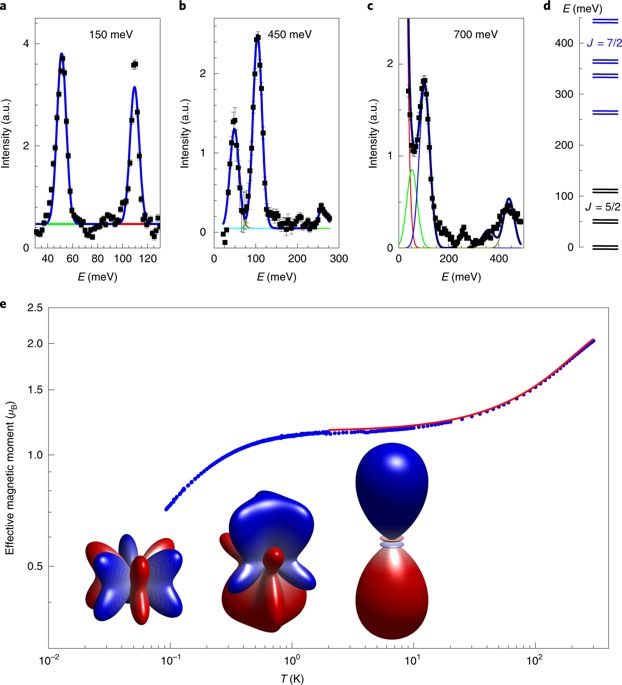
O,.o maybe this could make computronium.
Spin liquids are highly correlated yet disordered states formed by the entanglement of magnetic dipoles1. Theories define such states using gauge fields and deconfined quasiparticle excitations that emerge from a local constraint governing the ground state of a frustrated magnet. For example, the ‘2-in–2-out’ ice rule for dipole moments on a tetrahedron can lead to a quantum spin ice2,3,4 in rare-earth pyrochlores. However, f-electron ions often carry multipole degrees of freedom of higher rank than dipoles, leading to intriguing behaviours and ‘hidden’ orders5,6. Here we show that the correlated ground state of a Ce3+-based pyrochlore, Ce2Sn2O7, is a quantum liquid of magnetic octupoles. Our neutron scattering results are consistent with a fluid-like state where degrees of freedom have a more complex magnetization density than that of magnetic dipoles. The nature and strength of the octupole–octupole couplings, together with the existence of a continuum of excitations attributed to spinons, provides further evidence for a quantum ice of octupoles governed by a ‘2-plus–2-minus’ rule7,8. Our work identifies Ce2Sn2O7 as a unique example of frustrated multipoles forming a ‘hidden’ topological order, thus generalizing observations on quantum spin liquids to multipolar phases that can support novel types of emergent fields and excitations.
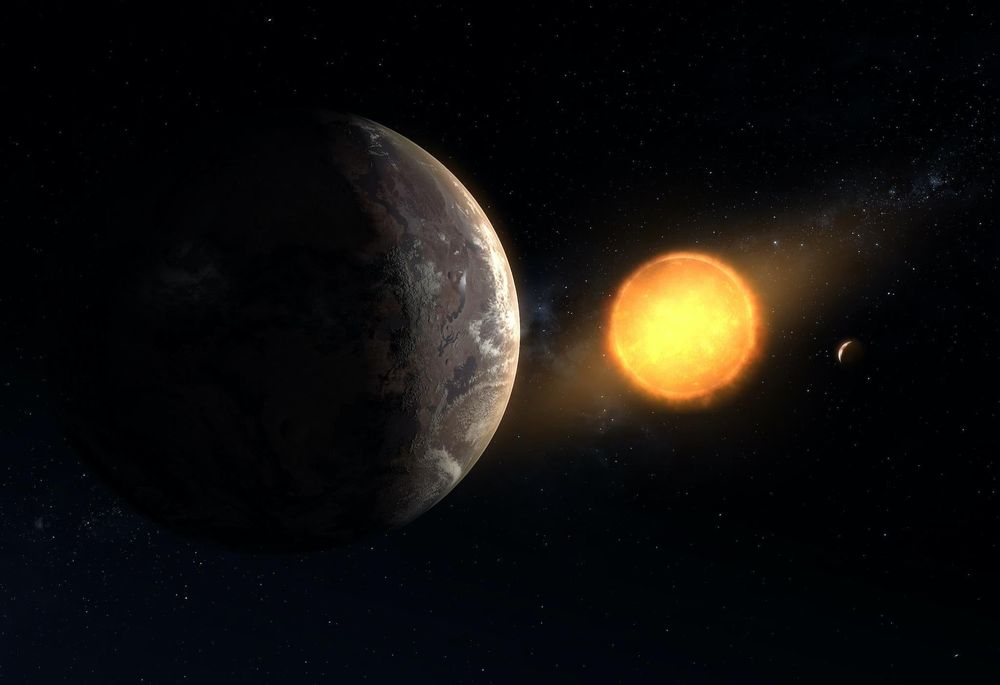
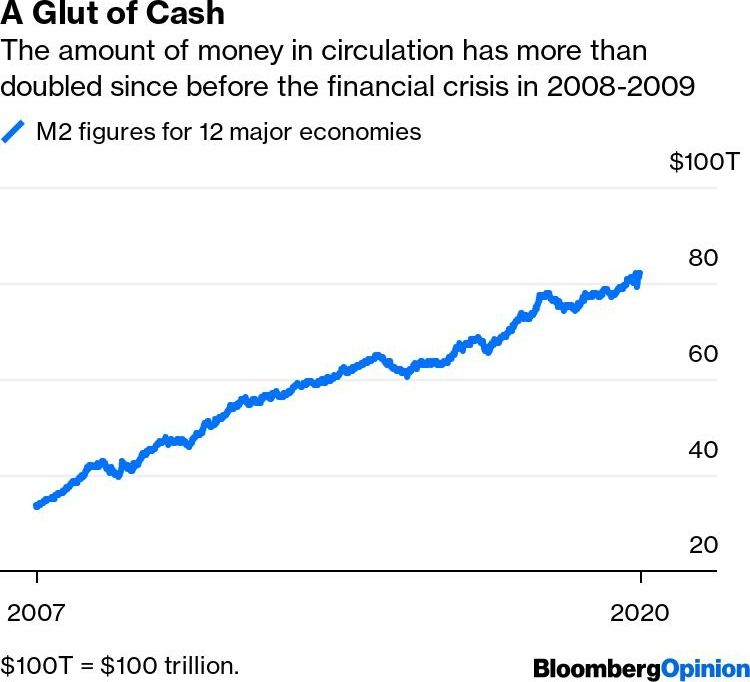
Doing “whatever it takes” to save the global economy from the coronavirus pandemic is going to cost a lot of money. The U.S. government alone is spending a few trillion dollars, and the Federal Reserve is creating another few trillion dollars to keep the financial system from collapsing. A custom Bloomberg index measuring M2 figures for 12 major economies including the U.S., China, euro zone and Japan shows their aggregate money supply had already more than doubled to $80 trillion from before the 2008–2009 financial crisis.
These numbers are so large that they no longer have any meaning; they are simply abstractions. It’s been some time since people thought about the concept of money and its purpose. The broad idea is that money has value, but that value is not arbitrary. Former Fed Chairman Paul Volcker once said in an interview that “it is a governmental responsibility to maintain the value of the currency they issue. And when they fail to do that, it is something that undermines an essential trust in government.”
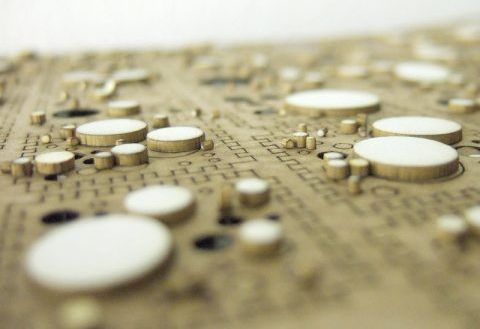
I n his article on “Posthuman Subjectivity and Singularity in the Nature-Culture Continuum” (2020) Hyun-Shik Jun examines Rosi Braidotti’s posthuman subjectivity through the post-structuralist and philosophical perspectives of Jacques Derrida and Giorgio Agamben. Whereas the technocratic paradigm seems to have eradicated the subject, Braidotti attempts to reinscribe the subject in current posthuman cultural, political and social landscapes. Jun is sympathetic to Braidotti’s work and aims to illuminate posthuman subjectivity as a dialectical and transversal phenomenon.
Braidotti “holds the nature-culture continuum as the starting point for her theory, seeking to distance herself from the social constructivist approach which, she claims, is constrained by a dualistic understanding of the world and hence an opposition between nature and culture” (Jun 2020, 1). Jun thinks that Braidotti’s posthuman nature-culture continuum is in the right direction but lacks a sufficient dialectic in understanding subjectivity more coherently. Hence he looks to the Hegelian trajectory, one which does not see a dialectical reconciliation of opposites but a dialectical paradox, a sublation of contradictions between similarity and difference, yielding to an open-ended process of being without origin or closure.
Relying on Derrida’s notion of différance and Agamben’s signator, Jun states that “the posthuman subject should be understood as the deferred subject” ; that is, the subject who never arrives at final subjectivity because engagement between nature and culture is a constant, indefinite and dialectical movement. Hence the posthuman subject is “neither the centered self-conscious being nor the decentered unconscious automaton of modernity. The posthuman subject emerges with a sort of ontological fold or gap wherein nature and culture meet”.
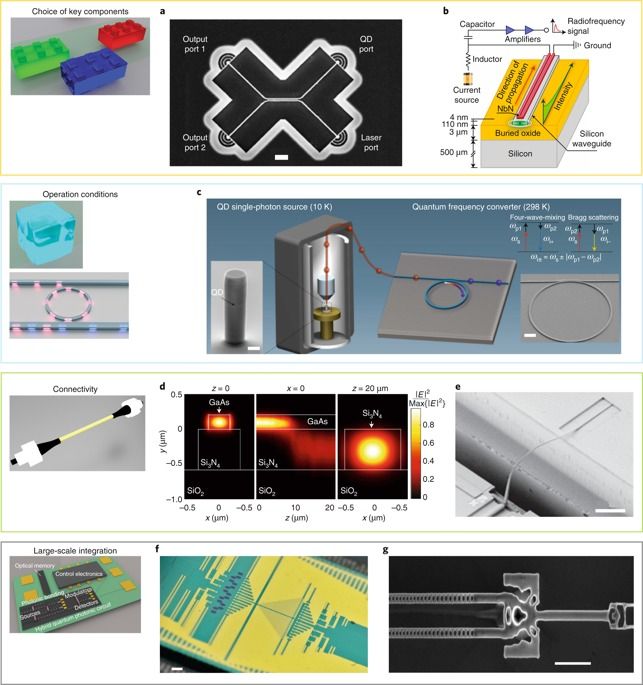
Recent developments in chip-based photonic quantum circuits have radically impacted quantum information processing. However, it is challenging for monolithic photonic platforms to meet the stringent demands of most quantum applications. Hybrid platforms combining different photonic technologies in a single functional unit have great potential to overcome the limitations of monolithic photonic circuits. Our Review summarizes the progress of hybrid quantum photonics integration, discusses important design considerations, including optical connectivity and operation conditions, and highlights several successful realizations of key physical resources for building a quantum teleporter. We conclude by discussing the roadmap for realizing future advanced large-scale hybrid devices, beyond the solid-state platform, which hold great potential for quantum information applications.

We are cousins of bats lol.
Dr David Haussler, Howard Hughes Medical Institute investigator working at University of California, Santa Cruz, co-authors report on computer analysis designed to reconstruct genome of 80-million-year-old mammal; holds that program has 98.5 percent accuracy rate and over next four years will formulate entire genome of ancestral mammal from total of 37 current mammalian species, including humans; research is published in journal Genome Research; graph (M)
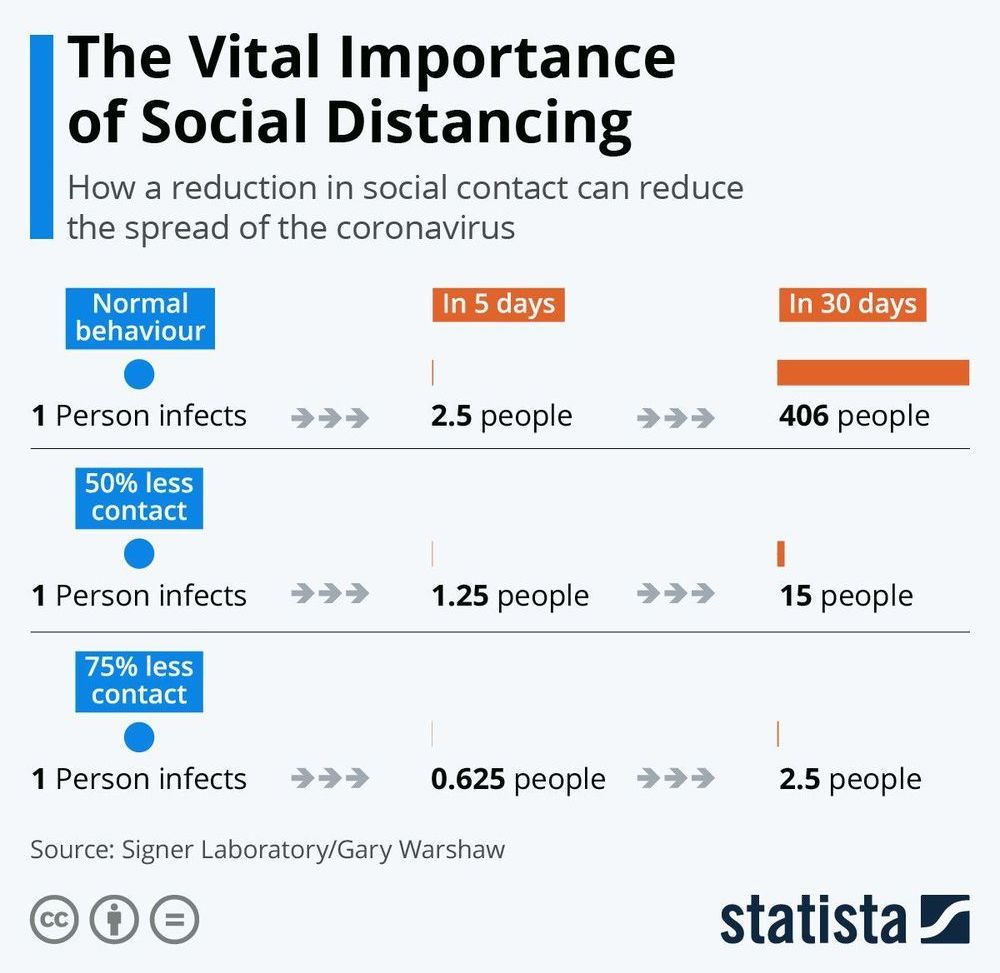
Discussion with A biologist answering about Covid in quite a lot of detail.
World Economic Forum
As of 23 March, there were 336,000 confirmed cases of COVID-19 in the world, with more than 250,000 cases outside China. Despite these numbers, much is still misunderstood or unknown about the virus which has brought regions of the globe to a standstill and placed huge pressure on the global economy.
Even what we do know – that elderly people are more at risk, that this is a new virus but resembles other known epidemics, that it is highly infectious – requires more explanation.
Here, Belgian virologist Guido Vanham, the former head of virology at the Institute for Tropical Medicine in Antwerp, Belgium, helps answer questions about COVID-19’s origins, its behaviour and its future.